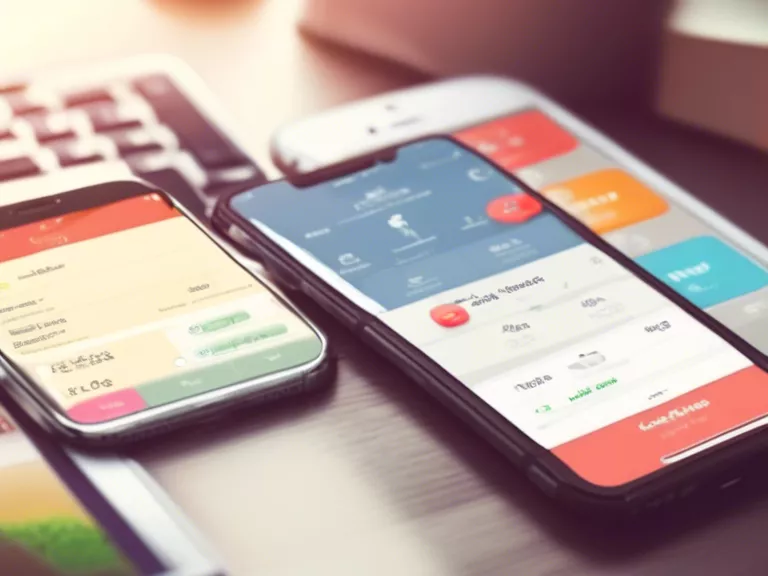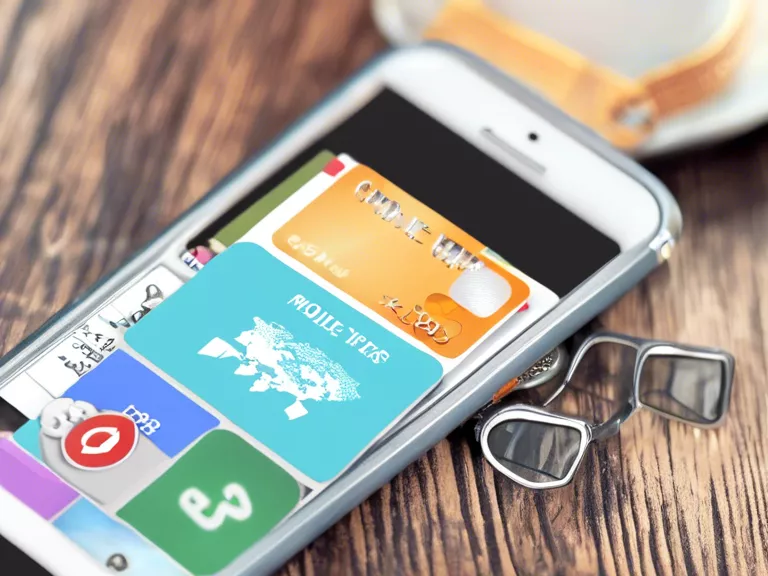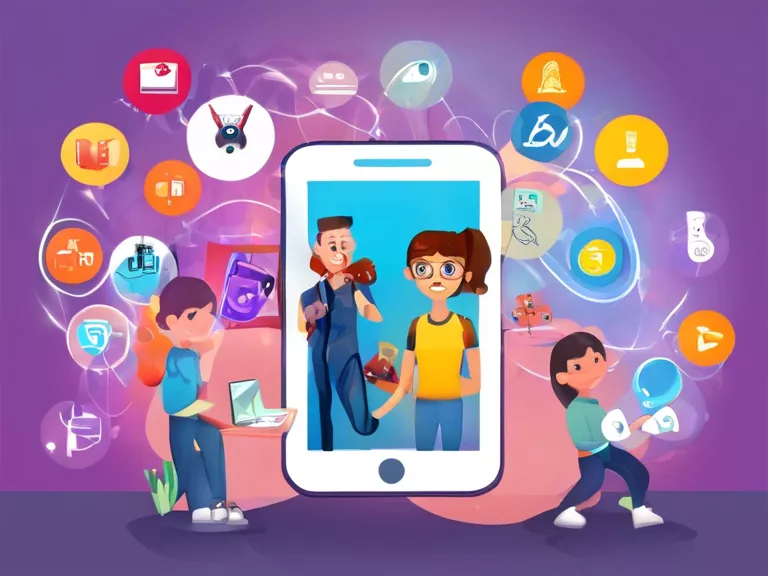
Mobile apps are transforming the way we approach mental health by providing convenient access to resources, tools, and support. From meditation apps to mood trackers, these digital platforms offer individuals a wide range of options for managing their mental well-being. Let's explore how mobile apps are changing the landscape of mental health care.
One of the most significant benefits of mental health apps is the accessibility they provide. With just a few taps on a smartphone, individuals can access a wealth of information, tools, and exercises that can help them cope with anxiety, stress, depression, and other mental health challenges. This accessibility is particularly useful for individuals who may not have easy access to traditional mental health resources due to cost, location, or stigma.
Another key advantage of mental health apps is the flexibility they offer. Users can engage with these apps at their own pace and on their own schedule, making it easier to integrate mental health practices into their daily routines. Whether you have a few minutes to spare during your lunch break or need support in the middle of the night, these apps are available whenever you need them.
Additionally, many mental health apps incorporate evidence-based practices such as cognitive-behavioral therapy (CBT) and mindfulness techniques. These approaches have been shown to be effective in reducing symptoms of anxiety, depression, and other mental health conditions. By making these tools accessible through mobile apps, individuals can practice these techniques in a convenient and comfortable setting.
Furthermore, mental health apps often include features that allow users to track their progress over time. Whether it's monitoring mood changes, tracking sleep patterns, or recording daily activities, these apps help users gain insights into their mental health and identify patterns that may be affecting their well-being. This data can be valuable for individuals and their healthcare providers in developing personalized treatment plans.
In conclusion, mobile apps are revolutionizing the way we manage mental health by providing accessible, flexible, evidence-based resources for individuals seeking support. As technology continues to advance, these apps have the potential to improve the overall mental well-being of users and make mental health care more inclusive and approachable for all.



